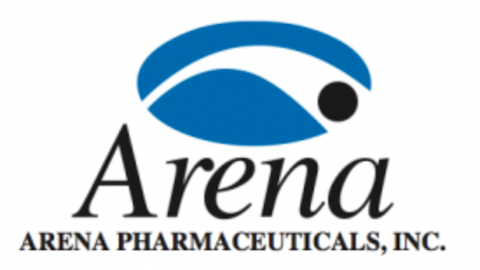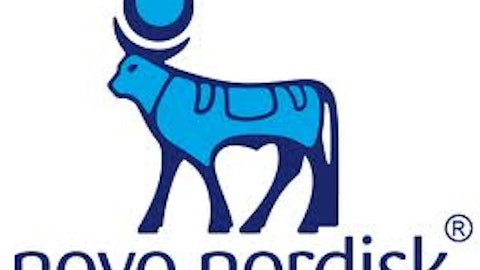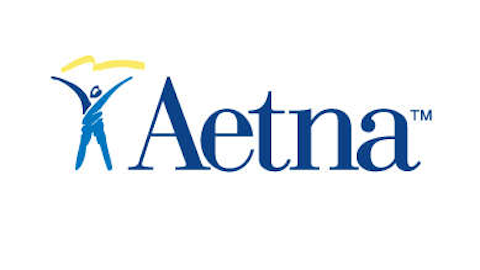Express Scripts Holding Company (NASDAQ:ESRX) — the largest pharmacy benefit manager, or PBM, in America — is also one of the most important companies in the health care industry. PBMs fill approximately two-thirds of prescriptions in the United States, of which Express Scripts fills 1.4 billion annually. The company’s position as the market leader, which it solidified last year with its $29.1 billion acquisition of Medco Health Solutions, gives it tremendous negotiating power with drug manufacturers and retail pharmacies.
Two recent events — one with pharma giant Novo Nordisk A/S (ADR) (NYSE:NVO) and another with drugstore chain Walgreen Company (NYSE:WAG) — demonstrate just how powerful Express Scripts Holding Company (NASDAQ:ESRX) is.

How do PBMs work?
A PBM is a middleman that charges clients a discounted price from the retail price for prescriptions, then pays pharmacies a lower price to keep the difference. The wider the spread between these two prices, the higher its revenue. In addition, PBMs are often paid by drug manufacturers through rebates to include their drugs in the program.
This business model allows it to have enormous clout with drug manufacturers — since they don’t want to be cut off from consumers — as well as drugstores, which rely on PBMs to generate steady retail pharmacy revenue. Some critics claim that PBMs are too powerful, and that Express Scripts Holding Company (NASDAQ:ESRX)’ acquisition of Medco gives it far too much influence over drug choices and pricing for consumers and drugstores.
Novo Nordisk feels the pain
Recently, insulin specialist Novo Nordisk A/S (ADR) (NYSE:NVO) announced that it lost a major contract with Express Scripts Holding Company (NASDAQ:ESRX) to rival Eli Lilly & Co. (NYSE:LLY). Novo’s stock dipped as analysts stated that the loss of Express Scripts could cause the Nordic company to miss profit targets.
Novo Nordisk A/S (ADR) (NYSE:NVO) lost the contract with Express Scripts Holding Company (NASDAQ:ESRX) to provide diabetes treatments including its top-selling insulin NovoRapid and Victoza to Express Scripts. Victoza is a once-daily orally administered drug that mimics a hormone called GLP-1 to stimulate natural insulin production. Yet Express Scripts chose Bristol-Myers Squibb and AstraZeneca‘s Byetta and Bydureon over Victoza, and Eli Lilly & Co. (NYSE:LLY)’s insulin instead of NovoRapid.
The loss of the Express Scripts contract could decrease Novo’s annual revenue by up to 2%. He also noted that it will now be “challenging” for Novo Nordisk A/S (ADR) (NYSE:NVO) to hit its forecast for 15% EBITDA growth in fiscal 2014. DNB Markets analysts estimate that Express Scripts, with its 40 million to 50 million customers, accounted for 15% to 20% of Victoza’s U.S. sales.
Sales of Victoza rose 32% year-over-year last quarter, but this latest setback could throttle the drug’s growth for the rest of the year. Novo’s struggle is a cautionary tale for other pharmaceutical companies — sticking with a dominant PBM is a critical component of preserving revenue growth.
Yet Walgreen learns to smile again
As I stated earlier, PBMs like Express Scripts generate revenue from the spread between client payments and its payments to retail pharmacies. Therefore, lower payments to big pharmacies like Walgreen Company (NYSE:WAG) boost its sales.
Express Scripts’ dominance of the drug market was challenged in 2011 when Walgreen Company (NYSE:WAG), the largest drugstore chain in America, denied its request to lower the required payments. Instead of agreeing to the new terms, Walgreen terminated its long-running partnership with Express Scripts in 2012 in a high-stakes game of chicken.





